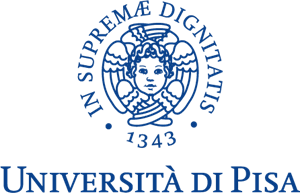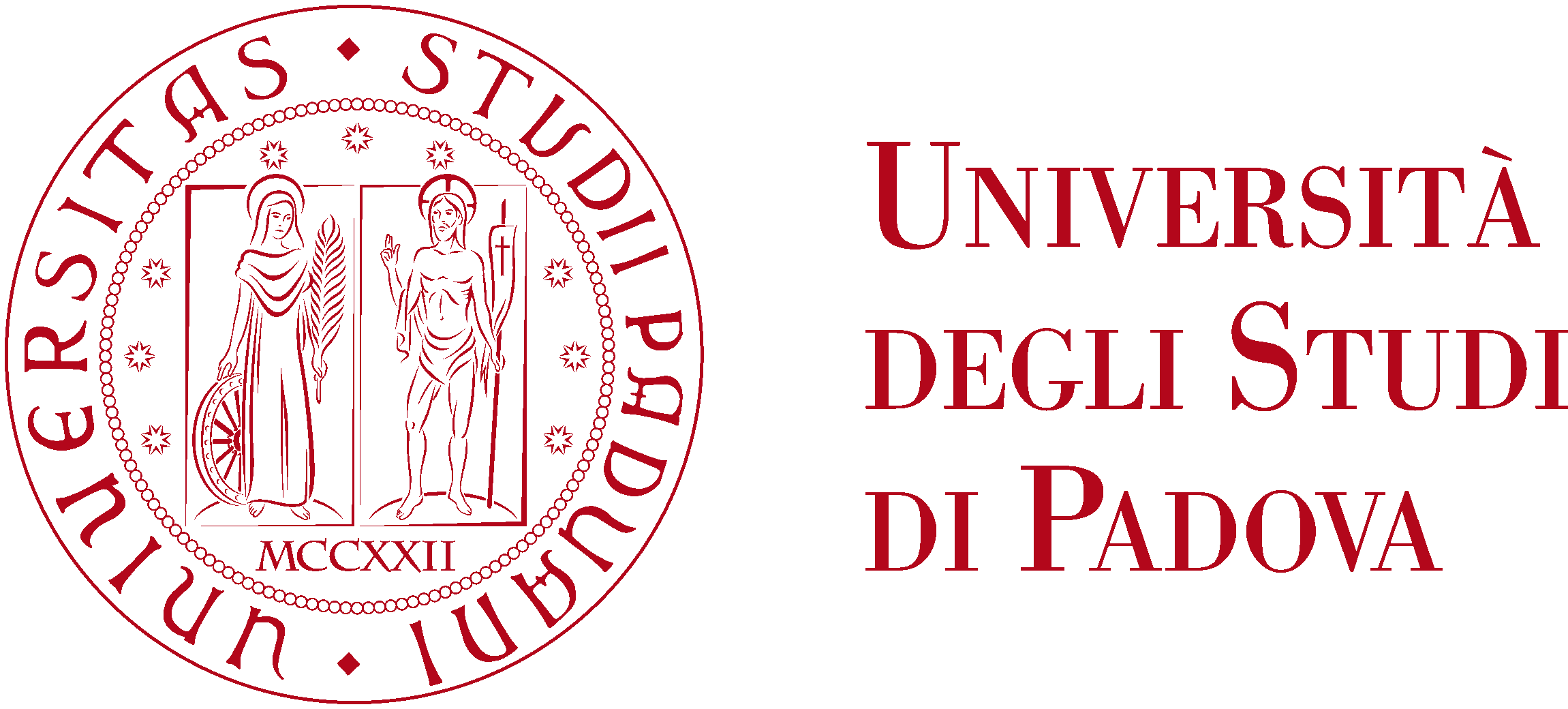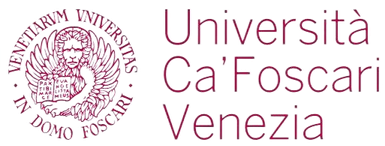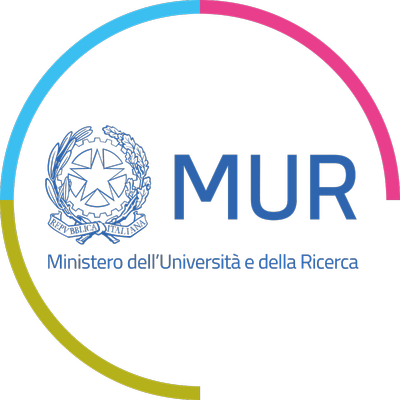
Project

How do organizations accomplish profit-seeking goals while also being socially and environmentally responsible?
In the past, the profit-seeking motive of business organizations has been given priority over other goals. Now this view is being increasingly challenged. Companies are in fact requested to accomplish multiple goals and satisfy the legitimate requests of a variety of stakeholders besides shareholders. This has changed external audiences’ expectations about what a good company is and has thus led to reframing of corporate purpose. While companies want to be perceived as responsible actors, in most cases they have not yet figured out how to redesign their products, processes and organizational routines to address the tension between profit seeking and the accomplishment of social and environmental goals (which we call “sustainability tension”), which requires a complex balance act.
Why are some firms effectively addressing these tensions while others perpetuate profit-seeking goals? What factors empower or impede organizations to navigate such conflicts effectively?
The MATCH project addresses these questions revolving around business organizations’ willingness and ability to address sustainability tensions:
- Willingness refers to whether and how organizations demonstrate intentionality to respond to multiple internal and external pressures;
- Ability concerns the resources and capabilities organizations leverage to implement the needed changes, considering both internal factors (like technological trajectories) and external factors (such as partner networks).
Inventive activity: how companies design their future products

When do companies change their inventive trajectories discontinuing environmentally harmful inventions in favor of more sustainable ones? We investigate this question using the chemical industry as a context, and the pesticide (agro-chemical) technological domain more specifically. While we are surrounded by thousands of chemical compounds, pesticides are one class of chemicals that have become increasingly contested in the public, academic, and political spheres for their negative impacts on nature and health. Such contestation can, in turn, be very detrimental to firms in the agrochemical industry. To investigate under what conditions and how firms are more likely to disengage from their investments in contested compounds, we will put together a large database that matches patent trajectories in the agrochemical industry to regulatory, scientific or public contestation of pesticide compounds.
Process innovation: how companies transform their production processes

Becoming more sustainable might require companies to heavily transform their production processes, especially in very impactful industries such as leather and apparel. Other than being more costly, the cleaner production processes may be incompatible with incumbent dirtier processes, leading firms to a slow process of substitution, which, in the meantime, is likely to undermine the prospects for a sustainable production. By investigating production practices in the leather industry, we aim at understanding under which conditions companies abandon production processes that prove detrimental for the environment or, rather, they keep investing in dirty processes, and how they manage the tensions emerging in the transition between dirty to cleaner production processes.
Organizational innovation: how companies reorganize their value chains

Nowadays most firms are part of (global) value chains, where leading (global) firms coordinate huge networks of suppliers which produce a component of the final product. Firms operating within value chains are independent actors (i.e. they do not own each other), yet their performance heavily depends on the standards achieved by the other companies in the chain (e.g. in terms of quality of inputs, outputs, socio-environmental standards, prices, delivery times and quality). However, since each actor in the chain may pursue different goals and respond to different incentives, they may likely adopt different approaches to address sustainability tensions – leading to a misalignment of goals with the chain. This project aims at understanding how different roles in the value chain impact actors’ perception of tensions, and how this changes their course of action.
The Network

Universities, research centres and institutions involved
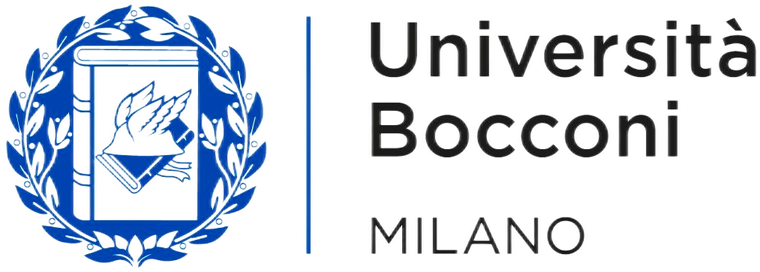
Bocconi University is a leading European research and teaching University with a strong international orientation.
go to website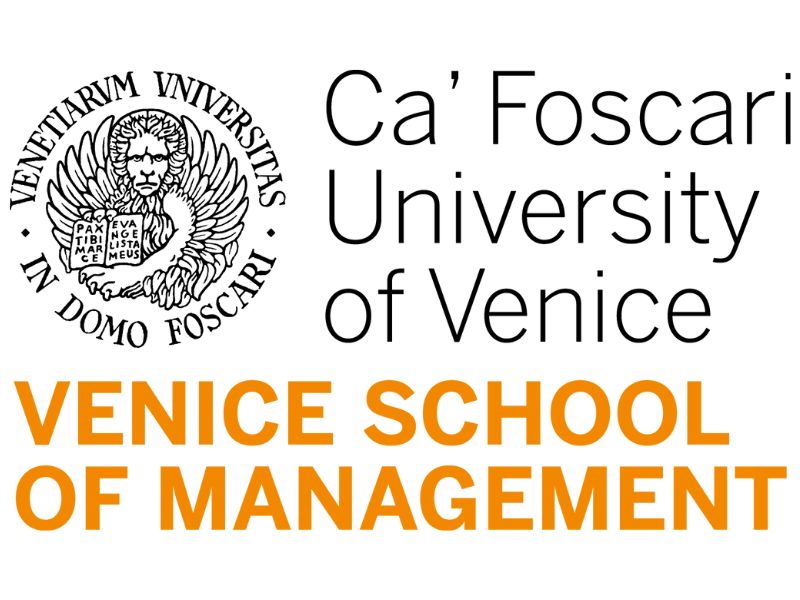
VSM is a nexus with the world, where teaching, research and engagement with practice respond to global as well as local calls to action.
go to website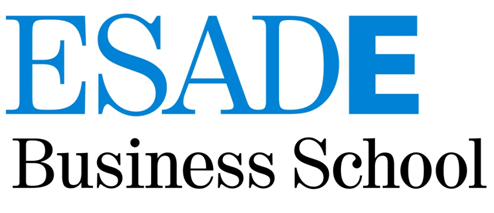
Esade is recognized for the quality of its education, its international scope, and its clear focus on the holistic development of the individual.
go to website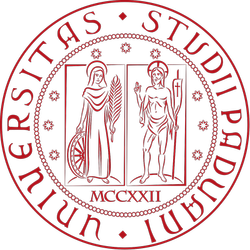
As a multi-disciplinary institute of higher education, the University of Padua aims to provide its students with professional training and a solid cultural background.
go to website
The University of Pisa has close relations with many cultural institutions and with industries, especially in information technology.
go to website
ICRIOS acts as a reference point for cutting-edge, multi-disciplinary and collaborative research on innovation, organization, strategy and entrepreneurship
go to website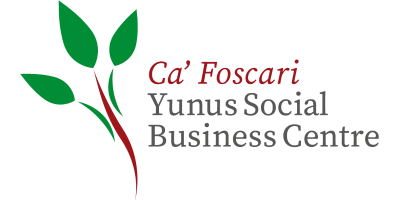
Through activities of research and advising YSBC stands to spread Social Business in different sectors of the economy, impacting society at large.
go to website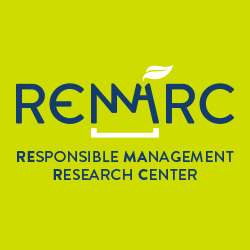
REMARC’s primary goal is to conduct cutting-edge research on responsible management and sustainable development
go to website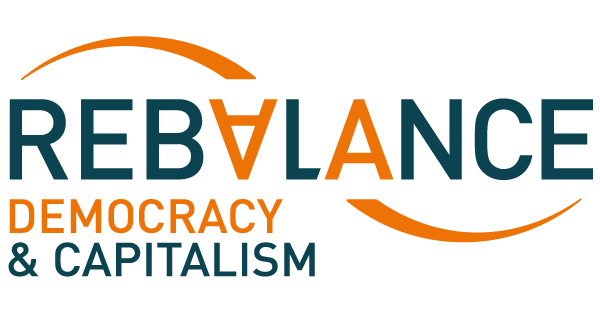
Rebalance is EU funded project seeking to provide new insights, resources, and learning to foster a rebalancing between capitalism and democracy.
go to website
As the leading Fair Trade organization in Italy, we have built ethical supply chains from around the world that speak of sustainability at 360 degrees.
go to website